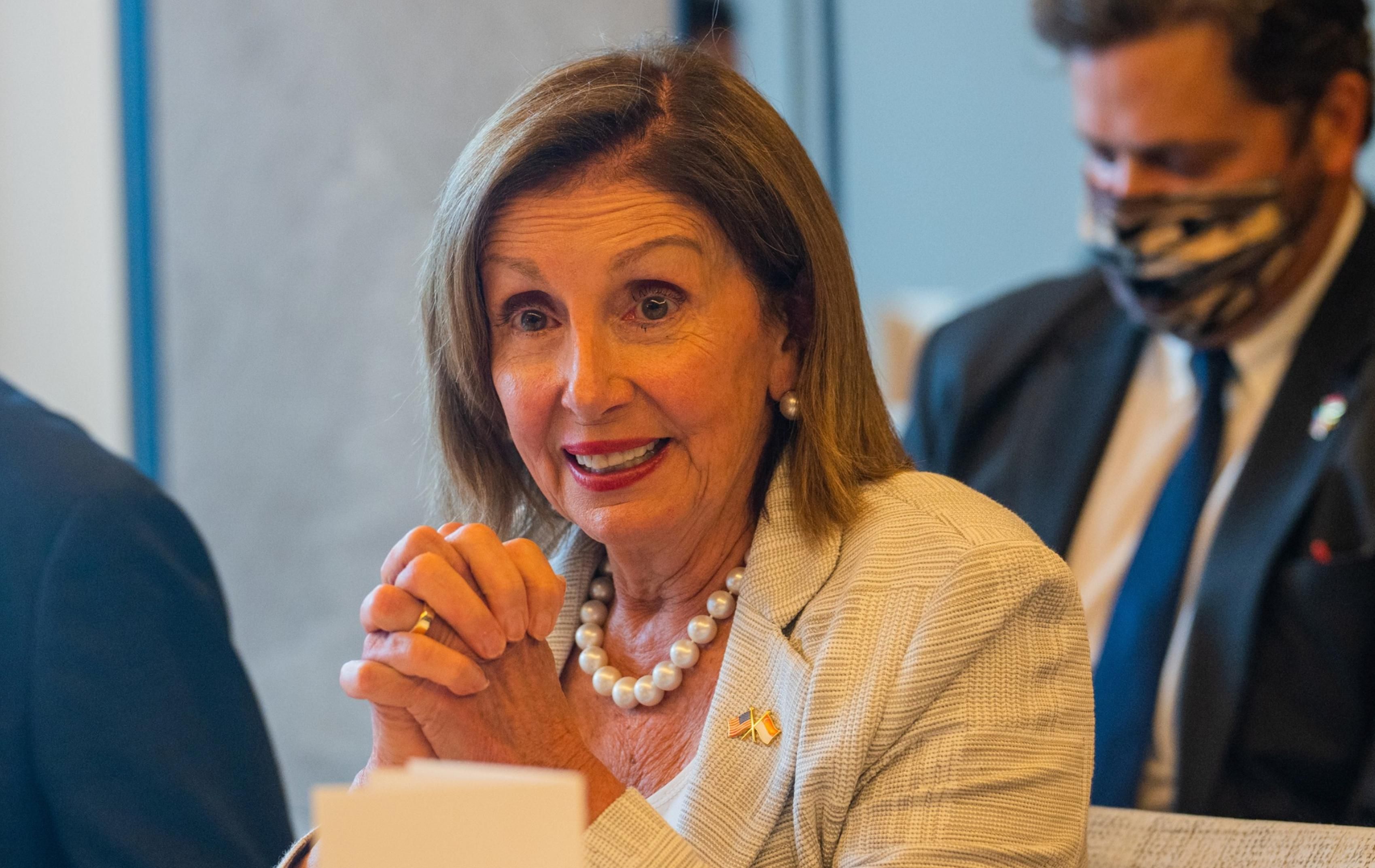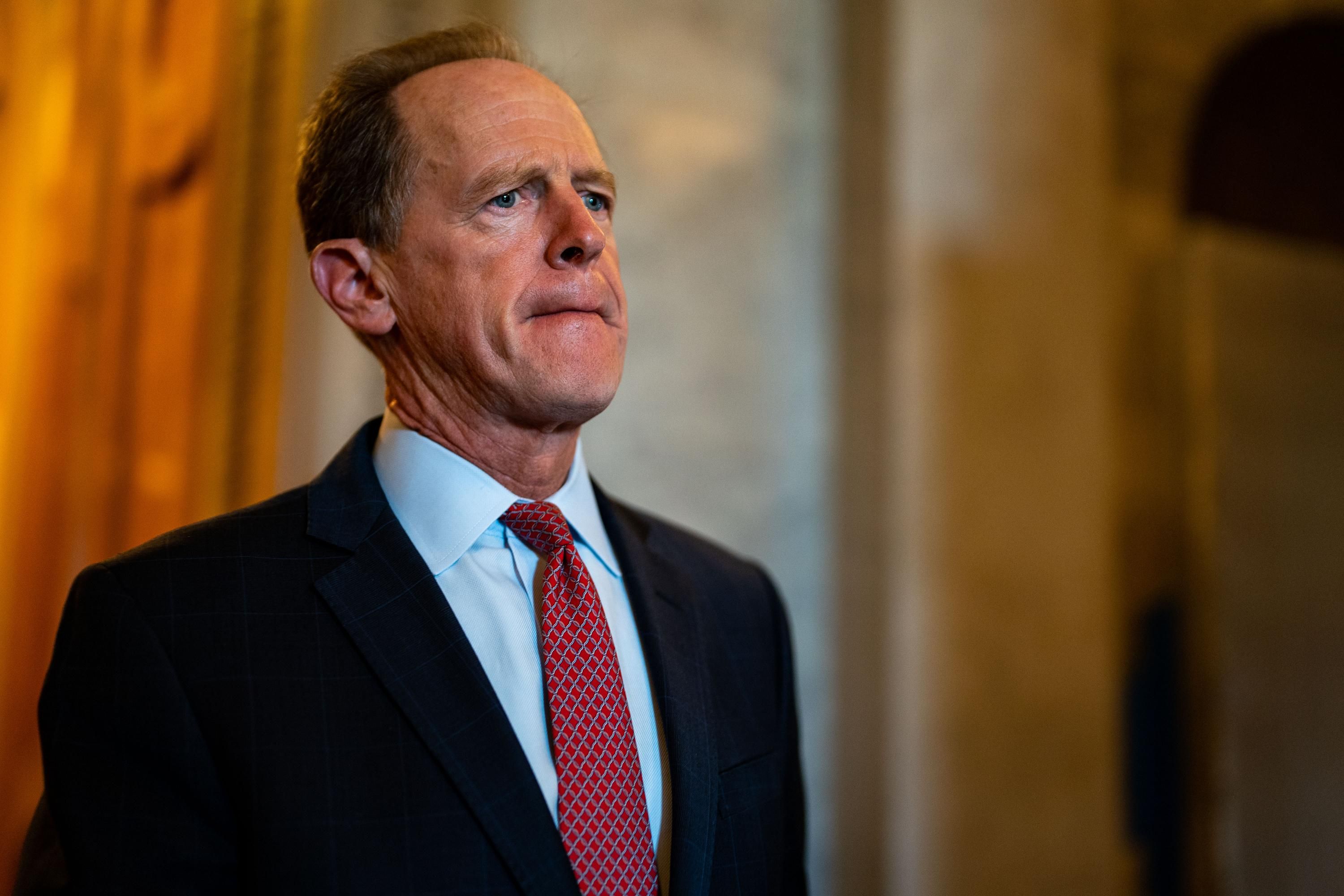UK
Junk food advertising restrictions prevent almost 100,000 obesity cases and is expected to save the NHS £200m
- A restriction on junk food advertising across the Transport for London (TfL) network in 2019, has resulted in 94,867 fewer cases of obesity, 2,857 cases of diabetes prevented or delayed, and 1,915 fewer cases of cardiovascular disease
The new research from the University of Sheffield and the London School of Hygiene & Tropical Medicine (LSHTM) has found the policy is expected to save the NHS £218 million over the lifetime of the current population
Reductions in obesity, diabetes and cardiovascular disease could be higher than reported, as the study does not take into account any decreases in childhood obesity which are expected to have occured
Currently, one quarter of children in the UK are obese by the time they leave primary school
Researchers are now investigating the impact of rolling the policy out nationwide
Junk food advertising restrictions on Transport for London (TfL) networks have prevented almost 100,000 obesity cases and is expected to save the NHS over £200 million, according to new research.
The new study, from the University of Sheffield and the London School of Hygiene & Tropical Medicine (LSHTM), revealed the TfL advertising policy restricting the advertisement of foods high in calories from sugar and fat or high in salt, has led to consumers cutting down on less healthy products.
Researchers estimate the policy, which has been in place since 2019, has directly led to 94,867 fewer cases of obesity than expected (a 4.8 per cent decrease), 2,857 fewer cases of diabetes, and 1,915 fewer cases of cardiovascular disease.
In addition to health benefits for individuals, the analysis found the current advertising policy would save the NHS £218 million over the lifetime of the current population.
The study is published in the journal International Journal of Behavioural Nutrition and Physical Activity, and led by the University of Sheffield in collaboration with researchers from the London School of Hygiene & Tropical Medicine (LSHTM), who previously found the advertising policy has contributed to a 1,000 calorie decrease in energy from unhealthy purchases in consumers' weekly shopping.
By seeing what consumers are purchasing in their weekly food shops via surveys, and comparing trends in London to a control group of households outside of London where there were no restrictions on advertising in place, academics were able to assess the effect the policy is having on people’s health and the health service.
Dr Chloe Thomas, First Author of the study from the University of Sheffield’s School of Health and Related Research (ScHARR), said: “We all know how persuasive and powerful advertising can be in influencing what we buy - especially the food we eat. Our study has shown what an important tool advertising restrictions can be in order to help people lead healthier lives without costing them more money.
“We hope that demonstrating the policy's significant benefits in preventing obesity and the diseases exacerbated by obesity, will lead to it being rolled out on a national scale, something that could save lives and NHS money."
The findings reveal the policy has had the biggest health impacts on people from deprived areas in terms of preventing health conditions, therefore reducing the level of health inequality in London. Despite people on middle incomes cutting more calories, the policy has had a bigger impact on the most deprived areas as people from those areas tend to be less healthy overall.
Professor Steve Cummins, from LSHTM, said: “This work shows the potential health impacts and cost savings of the Mayor of London’s ‘Junk Food Ad Restriction’ based on our evaluation earlier this year, published in PLoS Medicine, which found that the policy reduced average household purchases of energy by 1000 calories per week.
“With more than 80 local authorities across the UK now considering the implementation of similar policies, this study provides further evidence of the effectiveness of advertising restrictions to help support decision-makers. In light of the government’s current delay in implementing obesity prevention policies outlined in the recent 2022 Health & Care Act, this is a policy that local authorities can deliver now without the need for national regulation in an effort to tackle obesity on a national scale.”
The findings come at a time when food and diet is firmly on the minds of many families in Britain - the government recently announced its Food Strategy, which has come under heavy scrutiny for not going far enough to address concerns over food security in the UK.
The Mayor of London, Sadiq Khan, said: “Advertising undoubtedly plays a significant role in promoting and encouraging the consumption of less healthy foods. With child obesity putting the lives of young Londoners at risk it simply isn’t right that children and families across the capital are regularly inundated with adverts for foods that do not support their health – that’s why I was clear that tough action was needed.
“This study, which builds on research from earlier this year, demonstrates yet again that the ground-breaking restrictions we introduced could not only influence behaviour and ultimately save lives but could directly save our NHS hundreds of millions of pounds.
“I am determined to continue this work to improve the health of Londoners, alleviating some of the burden on our overstretched health service and building a better London for everyone.”
Dr Penny Breeze, Lead Investigator of the study from the University of Sheffield’s School of Health and Related Research (ScHARR), added: “There have been very few studies that have looked at the health and economic impact of out of home advertising restrictions. We are delighted to show that there are many benefits to the policy, and hope that the policy continues to be rolled out outside of London.”
The paper can be viewed in full here.
Ends
Notes to editors
Media contacts: For an interview with Dr Chloe Thomas please contact: Amy Huxtable, Media Relations Manager, University of Sheffield, 0114 222 9859
This work was funded by the NIHR. The NIHR School for Public Health Research aims to increase the evidence base for cost-effective public health practice. The School is a partnership between nine leading academic centres with excellence in applied public health research in England.
National Institute for Health and Care Research
The mission of the National Institute for Health and Care Research (NIHR) is to improve the health and wealth of the nation through research. We do this by:
Funding high quality, timely research that benefits the NHS, public health and social care;
Investing in world-class expertise, facilities and a skilled delivery workforce to translate discoveries into improved treatments and services;
Partnering with patients, service users, carers and communities, improving the relevance, quality and impact of our research;
Attracting, training and supporting the best researchers to tackle complex health and social care challenges;
Collaborating with other public funders, charities and industry to help shape a cohesive and globally competitive research system;
Funding applied global health research and training to meet the needs of the poorest people in low and middle income countries.
NIHR is funded by the Department of Health and Social Care. Its work in low and middle income countries is principally funded through UK Aid from the UK government.
The University of Sheffield
With almost 29,000 of the brightest students from over 140 countries, learning alongside over 1,200 of the best academics from across the globe, the University of Sheffield is one of the world’s leading universities.
A member of the UK’s prestigious Russell Group of leading research-led institutions, Sheffield offers world-class teaching and research excellence across a wide range of disciplines.
Unified by the power of discovery and understanding, staff and students at the university are committed to finding new ways to transform the world we live in and develop solutions to society’s biggest challenges.
Sheffield researchers use their expertise to tackle some of the biggest issues of our time together with partners ranging from SMEs to some of the world’s biggest companies, from across the South Yorkshire region, the UK and beyond.
The University of Sheffield provides an outstanding student experience for its students, with the number one Students’ Union in the UK and both undergraduate and postgraduate degrees that help its students stand out in the jobs market and develop successful careers after graduation, wherever they choose to live and work.
Sheffield has six Nobel Prize winners among former staff and students and its alumni go on to hold positions of great responsibility and influence all over the world, making significant contributions in their chosen fields.
Global research partners and clients include Boeing, Rolls-Royce, Unilever, AstraZeneca, GlaxoSmithKline, Siemens and Airbus, as well as many UK and overseas government agencies and charitable foundations.
London School of Hygiene & Tropical Medicine (LSHTM)
The London School of Hygiene & Tropical Medicine (LSHTM) is a world-leading centre for research, postgraduate studies and continuing education in public and global health. LSHTM has a strong international presence with over 3,500 staff and 4,000 students working in the UK and around the world, and an annual research income of £180 million.
LSHTM is one of the highest rated research institutions in the UK, and is partnered with two MRC Units in The Gambia and Uganda. We received a Queen’s Anniversary Prize for Higher and Further Education in 2017 in recognition of our work on Ebola, and in 2022 for our response to COVID-19. Our mission is to improve health and health equity in the UK and worldwide; working in partnership to achieve excellence in public and global health research, education and translation of knowledge into policy and practice. We are committed to delivering world class research and education in a sustainable way and are working to achieve net zero by 2030.
Follow us on social media @LSHTM
JOURNAL
International Journal of Behavioral Nutrition and Physical Activity
METHOD OF RESEARCH
Observational study
SUBJECT OF RESEARCH
People
ARTICLE TITLE
The health, cost and equity impacts of restrictions on the advertisement of high fat, salt and sugar products across the transport for London network: a health economic modelling study
ARTICLE PUBLICATION DATE
1-Aug-2022










